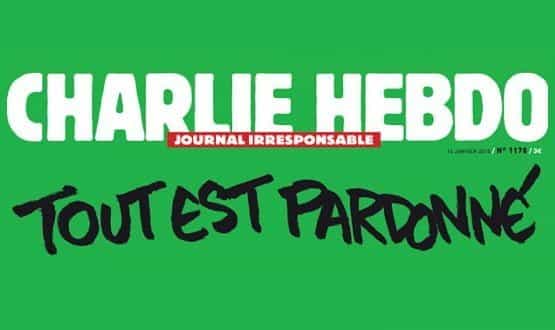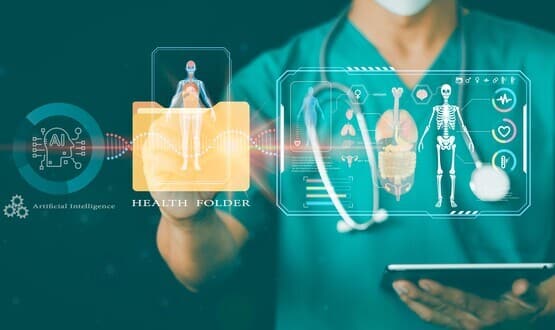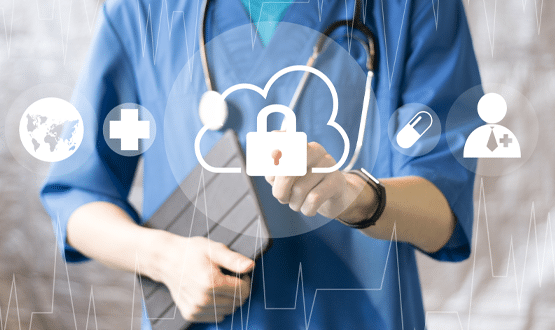Power to the people on: Charlie Hebdo and the NHS

What, if anything, does the Charlie Hebdo massacre have to say to the NHS? More than might appear at first glance.
The NHS is the polar opposite of terrorism. Its values of solidarity are specifically designed to enable us to face pathology together, regardless of religion, class and creed. The NHS is the glue that holds significant parts of the British society together and is part of how we know we are British.
But precisely because the NHS is indeed the closest thing to a national religion that we have, that makes it a target of immense symbolic significance. Time perhaps to prepare for the unthinkable.
Since the symbolic power of the NHS comes from treating everyone – regardless of race or creed – we should actively protect this solidarity.
So let’s stop trying to reclaim trivial amounts of money from refugees, immigrants and tourists. For newly-arrived and downtrodden people, being treated free at the point of service is a fantastic way to begin to feel part of our society.
NHS data; the next frontier on terror?
Most important of all, we need be extremely protective of the border between health data and the security services.
Thanks to the doughty EHI, we already know that the NHS Information Centre released demographic data (name, postcode, date of birth etc) about more than 2,700 individuals to the police in 2013-14. That’s an average of 12 people per clinical commissioning group per year.
I don’t know whether that is a lot or a little. I do know that any perception that the NHS has been co-opted by the security services will shred trust across minority communities.
In the wake of Charlie Hebdo, David Cameron has proposed making digital surveillance even tighter. As Cory Doctorow has pointed out in a devastating critique, these plans are simply technically impossible.
Meanwhile, thanks to Edward Snowden’s revelations, Google and Facebook seem to be moving towards encrypting everything.
If so, the security services will be left between a rock and a hard place and it is possible they may come to rely more heavily on the state’s own databases to detect terror attacks. The pressure to allow them access to selected parts of the data held by the NHS Information Centre may well become intense.
Who pays the custodians?
The key question in this scenario is whether the NHS in general, and the informatics community in particular, are really prepared for the tensions, arm twisting and general shit storms that 21st century data guardians need to withstand.
The institutional incentives don’t look great: Google is embracing encryption because that’s what it sees its customers demanding.
By contrast, the Information Centre’s customer is HMG and it is entirely dependent on £200 million a year from the Treasury.
Are the data guardians within the Information Centre really going to be able to satisfy their paymasters in the Department of Health and the Treasury without betraying the trust of patients – especially those from minority communities?
Finding a personal response
But Charlie Hebdo poses more personal questions too. Two days after the attack, I found myself wanting to do something, however small, to break the sense of helplessness left by decades of jihadi terrorism and our inappropriate western wars.
So I wrote a card wishing the citizens of our local mosque well. Walking in, card in hand, we met a man in the entrance.
Immediately both parties were confused – how is this encounter going to work? I said that we wanted to show our support for the community after the difficult events in France. “France?” he echoed blankly as if I had said “Canada” or “South Africa”. “What is it about? Who is it for?”
After we had stumbled through the encounter, I walked away with my Inner Critic chattering loudly on my shoulder: “Well, that was a really stupid thing to do. What did you expect? Serves you right for thinking tiny patronising gestures matter.” Later, calmer, I am glad that I have done it.
Amidst the usual, magnificent, jumbled tide of humanity that will have flowed through the NHS since the massacre will have been patients fearful and disturbed by Charlie Hebdo.
Staff will have wondered whether and how they might express solidarity with those from communities that feel threatened. Or how to assert their own integrity when faced with racist comments.
Such deviations from clinical neutrality are never easy and usually seem as halting and confused as my own efforts at the mosque. But they are still worthwhile because this is how we come to know what sort of professional this new low-friction, always on, fully connected world demands us to be.


Paul Hodgkin
Paul Hodgkin is founder and chair of Patient Opinion, a website on which patients, service users, carers and staff can share their stories of care across the UK. Patient Opinion is a not-for-profit social enterprise based in Sheffield.
Until 2011, Paul also worked as a GP and has published widely including in the BMJ, British Journal of General Practice and the Guardian and the Independent. Follow him on Twitter @paulhodgkin.




